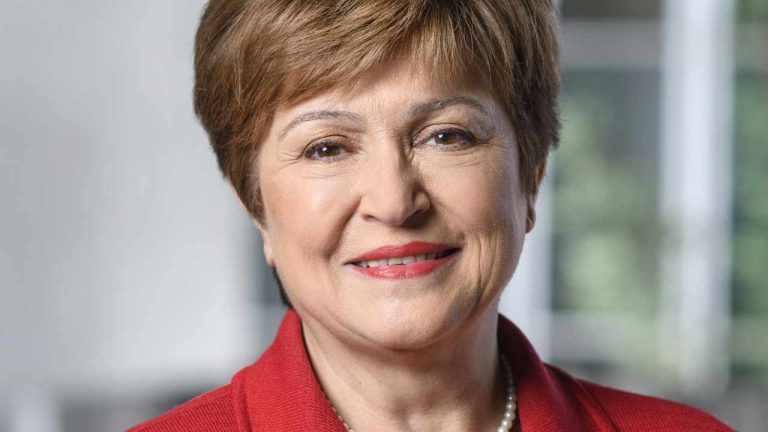IMF Foresees No ‘Rapid Shift’ in US Dollar Reserves Despite Rising De-Dollarization Trend

The International Monetary Fund (IMF) does not expect a “rapid shift” in the U.S. dollar reserves despite a rising de-dollarization trend and a looming U.S. debt default. “Don’t kiss your dollars goodbye just yet,” said IMF Managing Director Kristalina Georgieva. The IMF chief does not expect the U.S. to default on its debt obligations.
US Dollar’s Reserve Currency Status Not at Risk, According to IMF
The managing director of the International Monetary Fund (IMF), Kristalina Georgieva, expressed her confidence Wednesday at the Qatar Economic Forum in Doha, organized by Bloomberg, that the U.S. dollar will maintain its world’s reserve currency status.
Georgieva explained that despite growing de-dollarization discussions by various countries to decrease their dependence on the USD:
We don’t expect a rapid shift in (dollar) reserves because the reason the dollar is a reserve currency is because of the strength of the U.S. economy and the depth of its capital markets … Don’t kiss your dollars goodbye just yet.
A growing number of countries are ramping up their de-dollarization efforts. The BRICS economic bloc is pushing for the use of national currencies, instead of the USD, and is discussing creating a common currency that will help member nations reduce reliance on the US dollar. The BRICS comprises Brazil, Russia, India, China, and South Africa.
The proposal of a common currency is expected to be discussed by the BRICS leaders at their upcoming summit. In addition, 10 Southeast Asian countries, members of ASEAN, also recently agreed to encourage the use of national currencies. This week, nine Asian countries discussed de-dollarization measures in Tehran.
US Default Unlikely, Says IMF Chief
Commenting on the U.S. debt crisis, the IMF managing director said she is confident the United States would avoid a default.
U.S. Treasury Secretary Janet Yellen has warned repeatedly that the Treasury may not be able to pay all of the government’s bills as early as June 1 “if Congress does not raise or suspend the debt limit before that time.” The Congressional Budget Office (CBO) similarly predicted that a U.S. default could occur in the first two weeks of June. Meanwhile, global investment bank Goldman Sachs said that the “real deadline” for a U.S. default is more like June 8-9.
Georgieva opined:
History tells us that the U.S. would wrestle with this notion of default … but come the 11th hour it gets resolved and I have confidence we will see that play again.
The IMF, however, recently warned of “very serious repercussions” on both the American and global economies if the U.S. defaults on its debt obligations.
What do you think about the statements by IMF Chief Kristalina Georgieva? Let us know in the comments section below.

